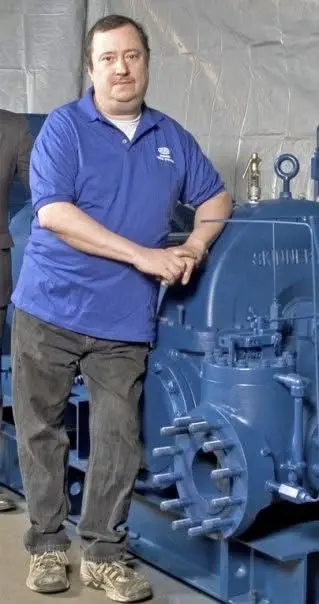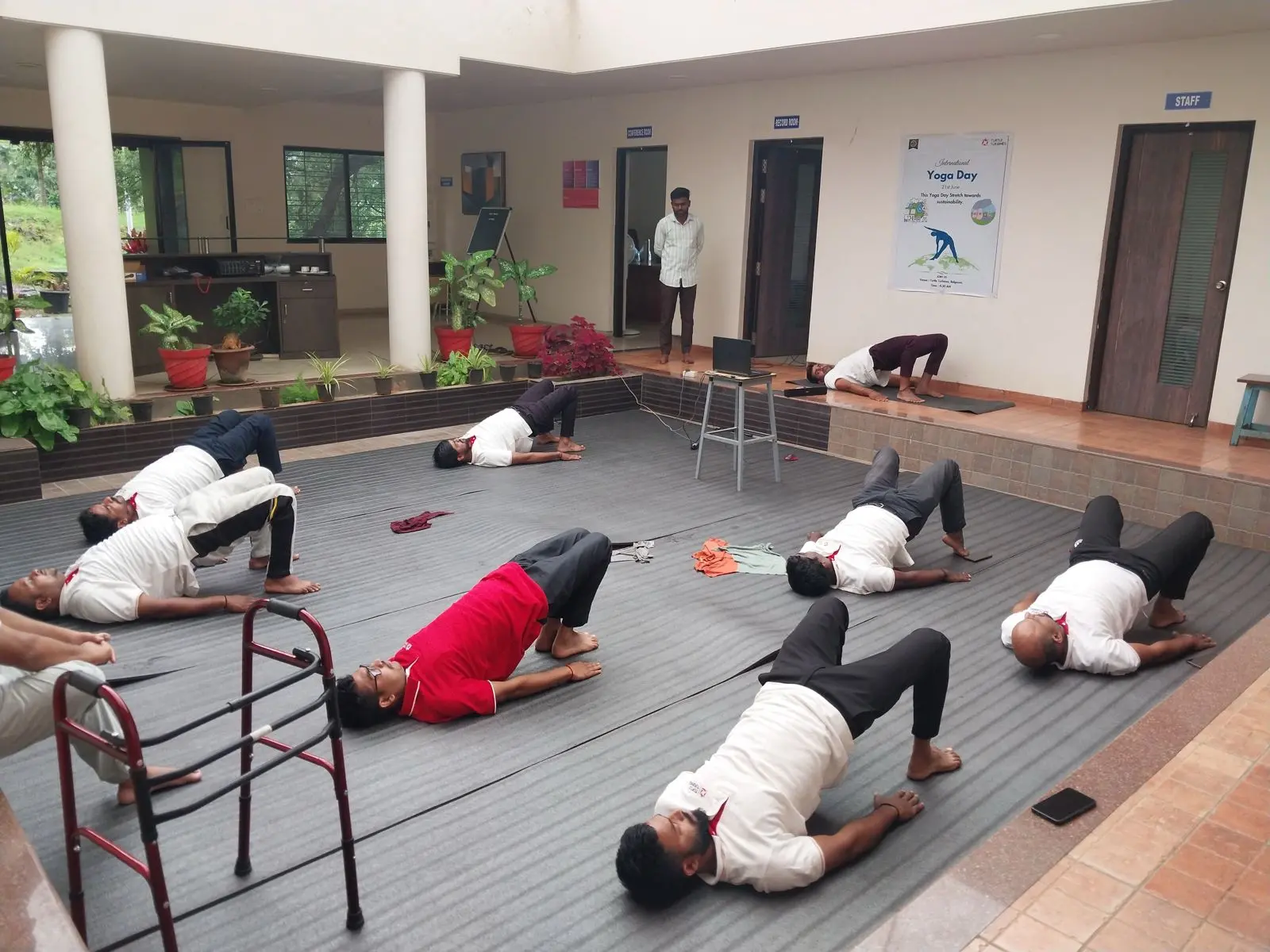On the early hours of Wednesday, June 25th, 2025, I lost my mentor and a remarkable engineer. My friend Rick Mulligan, passed away. The American Steam Turbine Industry has lost a truly exceptional engineer.
I, Vijay Dumbali as founder and CEO of Turtle Turbines (formerly Biogreen Energy Systems) worked very closely with Rick Mulligan since 2005 till he retired a few years ago. I and Rick worked on hundreds of steam turbine applications. Rick was always forthcoming in solving problems and finding cost effective solutions. Thanks to his ingenious approach we at Turtle Turbines imported and supplied several steam turbines to customers in India and surrounding counties.
Just being around Rick was indeed calming, He knew his trade very well. He spoke very few words, but the ones he spoke were the most effective and accurate. His big eyes pierced through people and it felt like he could see through people. He enjoyed taking new challenges and ensured his projects always meet their goals.
Rick Mulligan served as Operations Manager at Skinner Power Systems, a specialized manufacturer of industrial steam turbines based in Erie, PA. He’s held this key role since the late 1970s, ensuring SPS’ operation remains smooth, efficient.
Skinner Power Systems built hundreds of single-stage steam turbines for power generation, pump drives, fans, and more under the guidance and supervision of Rick Mulligan.
As Operations Manager, Rick Mulligan was the technical backbone of SPS. His responsibilities spanned the entire business of Skinner Power Systems from Engineering, Procurement of Parts, Assembly and Testing of Steam Turbines.
Skinner Power Systems’ lineage traces back to the Erie-based Skinner Engine Company, founded by Le Grand Skinner in 1868, transitioning through acquisitions in the ’90s and early 2000s. Since then, Rick has helped stabilize the Erie operation—14,000 sq ft of modern facilities—that replaced the original steam mills, supporting Skinner Power Systems’ push into global markets.
Decades long dedication to industrial turbine production underlined his knowledge of the unique engineering and logistical challenges these systems present.
While Skinner changed management and broadened its reach, Rick Mulligan’s long-term stewardship provided a steady foundation to the company.
Rick Mulligan may not be a household name, but within industrial manufacturing circles—especially those tied to steam turbines—his role at Skinner Power Systems was indispensable. His operational leadership helped ensure that Skinner Power Systems not only builds reliable turbines but also supports them throughout their lifecycle, delivering solutions to clients in over 40 nations.
I lost a friend and the steam turbine industry a fine engineer.
Vijay Dumbali
President & CEO




